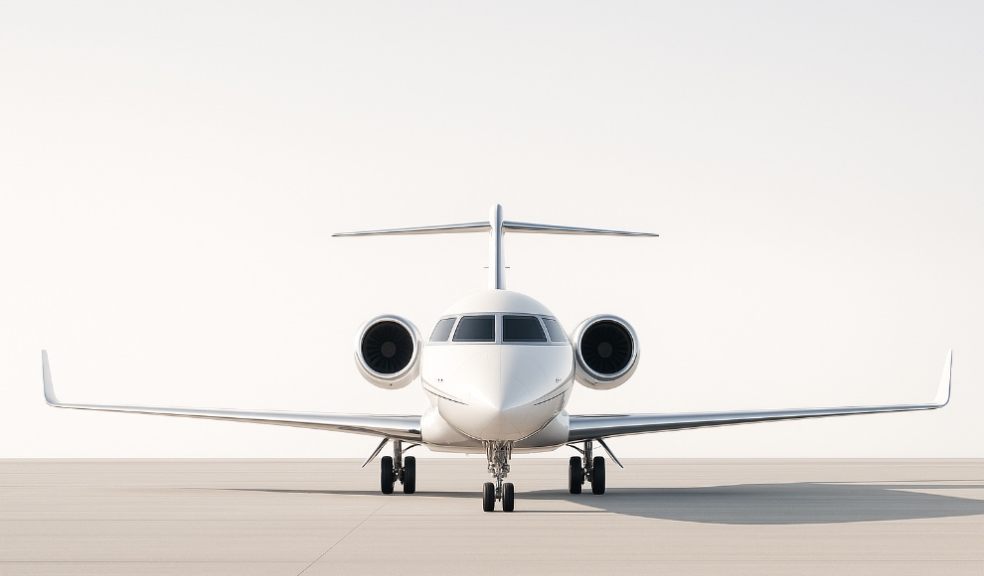
Efficient strategies for maximising business trips abroad
Balancing multiple meetings across different countries can be a daunting task. The complexity of coordinating schedules while navigating unfamiliar territories demands strategic planning. Streamlining your approach can lead to increased productivity and minimised travel-related stress.
Organising business meetings in various international locations presents a unique set of challenges. As you juggle time zones and manage logistical concerns, the need for a well-structured itinerary becomes apparent. Understanding the intricacies of each destination is key to making informed decisions that maximise efficiency and effectiveness during your trip. For those considering the benefits of private air travel, understanding the cost of private jet charters can be a crucial factor in planning your journey.
The significance of strategic planning
Effective planning is crucial when embarking on business trips that require visiting multiple destinations. Properly aligning your schedule with local time zones can significantly enhance your meeting productivity. By mapping out your travel plans in advance, you ensure that each leg of your journey aligns seamlessly with your business objectives.
Understanding the cultural nuances and operational hours of your destinations can also aid in efficient scheduling. This knowledge allows you to optimise your meeting times, ensuring you engage with stakeholders when they are most receptive. Furthermore, researching transport options between meetings is essential for minimising downtime and maintaining momentum.
Another important factor in planning is flexibility. Building buffer periods into your schedule provides breathing room for unexpected delays or last-minute changes. This proactive approach helps maintain a balanced itinerary, reducing stress and keeping you focused on achieving your goals during the trip.
Tips on scheduling and time management
Prioritise meetings by importance and proximity to streamline your travel routes. For example, grouping meetings in similar areas minimises unnecessary travel time, allowing more focus on core business activities.
Utilise technology to keep track of appointments and reminders. Digital calendars synchronised across devices ensure you're always up-to-date, reducing the risk of missed opportunities or double-booking. Additionally, set clear objectives for each meeting to maximise the value of each interaction.
When dealing with time zones, consider using tools like world clocks or global scheduling apps to coordinate meetings effectively. These tools help avoid confusion and ensure that all parties are synchronised regardless of location. Implementing such strategies enhances both personal productivity and professional credibility.
Leveraging technology for seamless coordination
Incorporating the right technological tools is pivotal in managing international business trips efficiently. Apps designed for itinerary management can simplify complex schedules by integrating flights, accommodations, and meetings into one cohesive plan. This integration offers a comprehensive view of your trip at a glance.
Communication platforms are equally vital. Utilising messaging apps or collaborative software can facilitate real-time updates with colleagues or clients back home, ensuring you're always connected and informed. These tools not only support efficient coordination but also foster teamwork despite geographical barriers.
A vital aspect of using technology is data security; always ensure that sensitive information shared digitally is encrypted and protected against potential breaches. This practice safeguards both personal data and company information, maintaining trustworthiness and compliance during your travels.
The benefits of strategic travel planning
Strategically planned travel not only boosts productivity but also reduces stress associated with frequent flying. An organised approach allows you to focus on key objectives without being bogged down by logistics or time constraints. Furthermore, it enhances the overall quality of interactions with clients or partners by ensuring punctuality and preparedness.
The psychological benefits of reduced stress cannot be overstated; lower anxiety levels improve decision-making abilities and increase overall work satisfaction during trips. This holistic benefit underscores the importance of investing time in pre-travel preparations for long-term professional gains.
By integrating these practices into your travel routine, you set a precedent for successful international engagements, fostering a reputation as a reliable and efficient professional capable of handling complex itineraries with ease.













